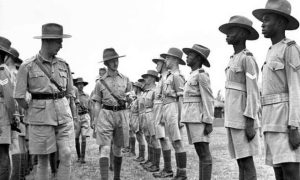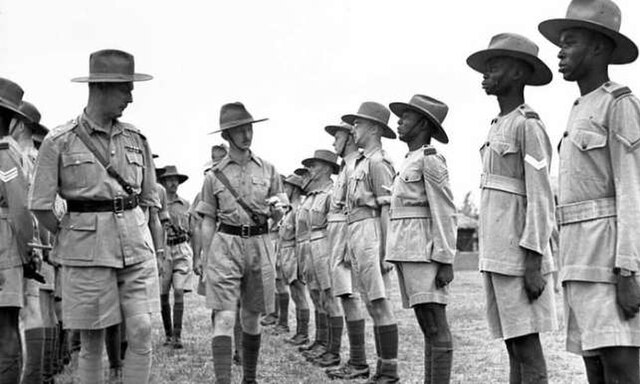
Nigeria Armed Forces and Year of Origination
The Nigerian Armed Forces (NAF) is the military organization responsible for defending Nigeria’s sovereignty and territorial integrity. It consists of three main branches:
- Nigerian Army (NA) – Established in 1863
- Nigerian Navy (NN) – Established in 1956
- Nigerian Air Force (NAF) – Established in 1964
1. Nigerian Army
- Year of Origin: 1863 (as the Royal West African Frontier Force – RWAFF)
- Official Formation: 1960 (after independence)
- Role: Ground warfare, national security, peacekeeping missions, and counterinsurgency (e.g., against Boko Haram).
- Notable Engagements:
- Nigerian Civil War (1967–1970)
- ECOMOG Peacekeeping (Liberia, Sierra Leone)
- Counterterrorism Operations (Boko Haram, ISWAP)
2. Nigerian Navy
- Year of Origin: 1956
- Official Formation: 1958
- Role: Maritime security, protecting Nigeria’s coastline and economic zones, anti-piracy operations.
- Notable Engagements:
- Anti-piracy operations in the Gulf of Guinea
- Oil theft prevention in the Niger Delta
3. Nigerian Air Force
- Year of Origin: 1964
- Role: Aerial defense, surveillance, support for ground troops, disaster relief.
- Notable Engagements:
- Operations in the Nigerian Civil War (1967–1970)
- Counterterrorism airstrikes against Boko Haram
Command Structure
- Commander-in-Chief: The President of Nigeria (currently Bola Ahmed Tinubu)
- Chief of Defence Staff (CDS): Oversees all military branches
- Service Chiefs: Heads of the Army, Navy, and Air Force
Conclusion
The Nigerian Armed Forces has evolved from a colonial military force into a powerful institution playing vital roles in national security and international peacekeeping missions.

